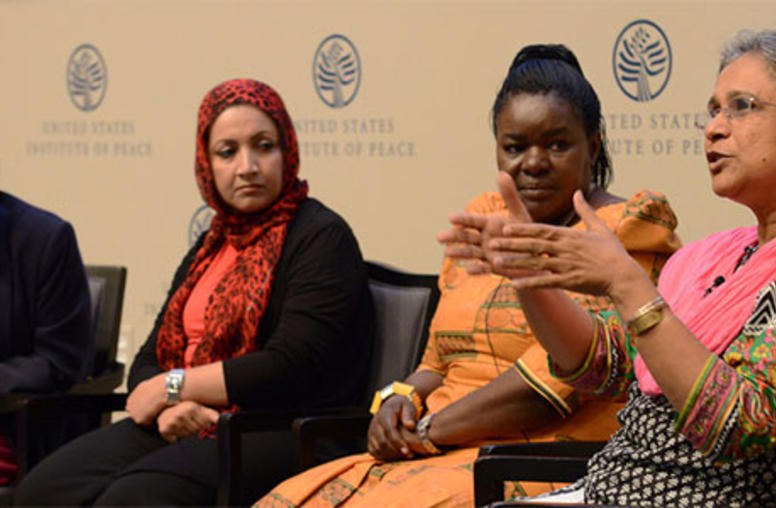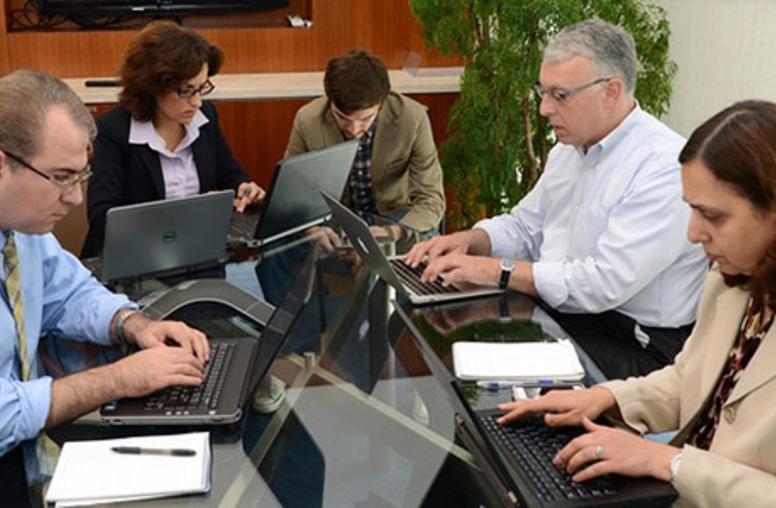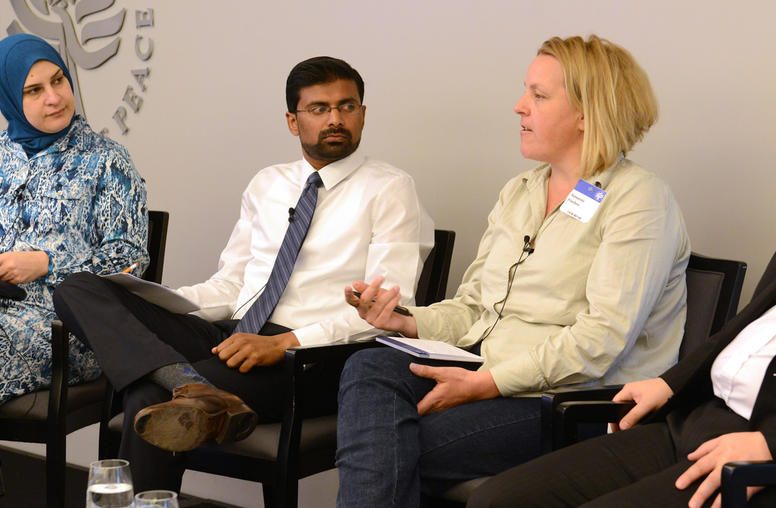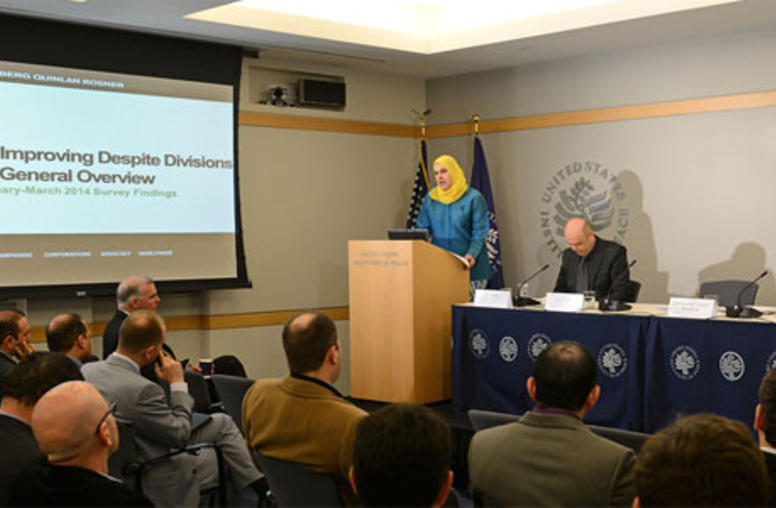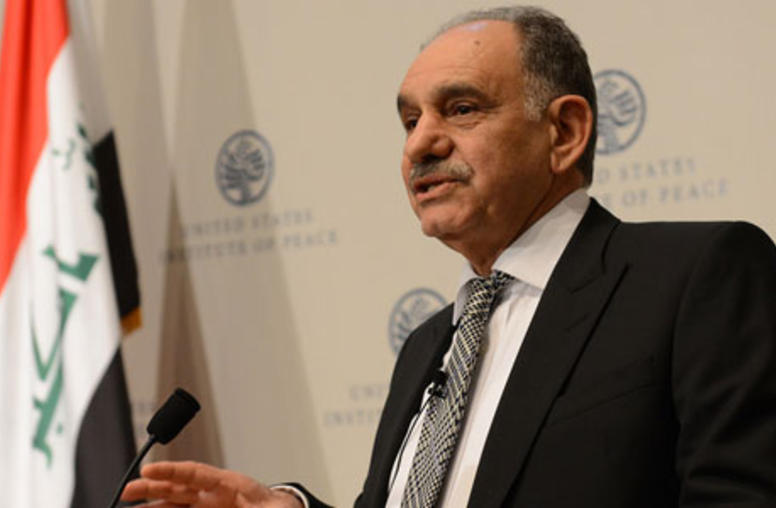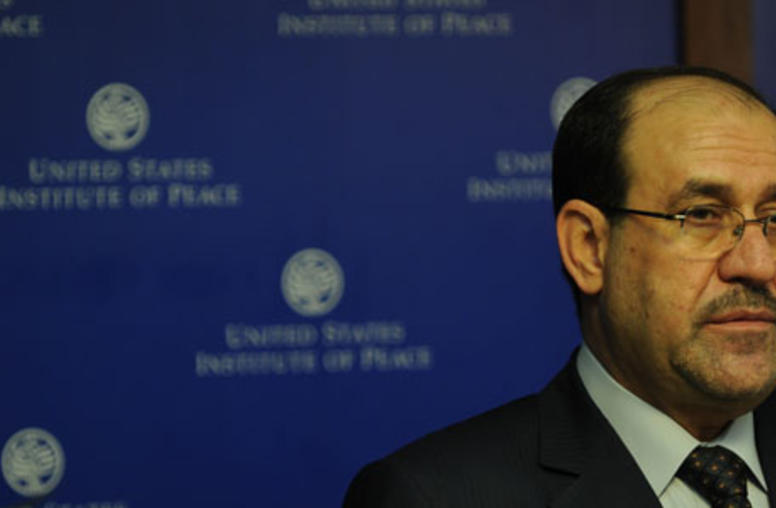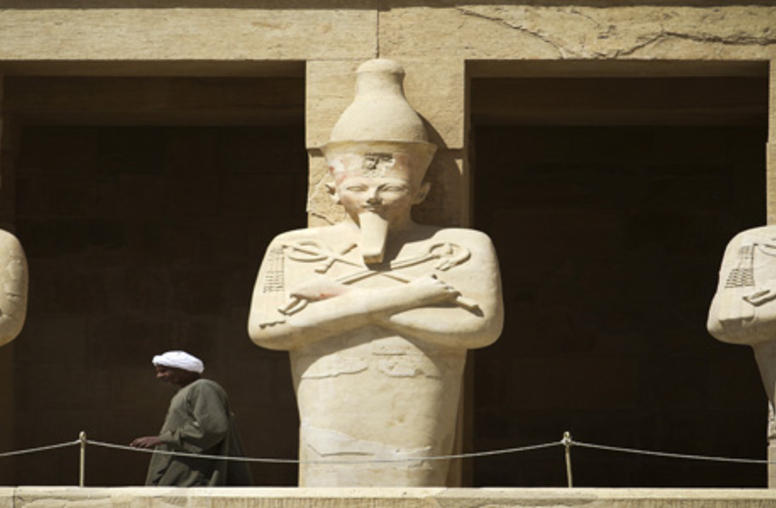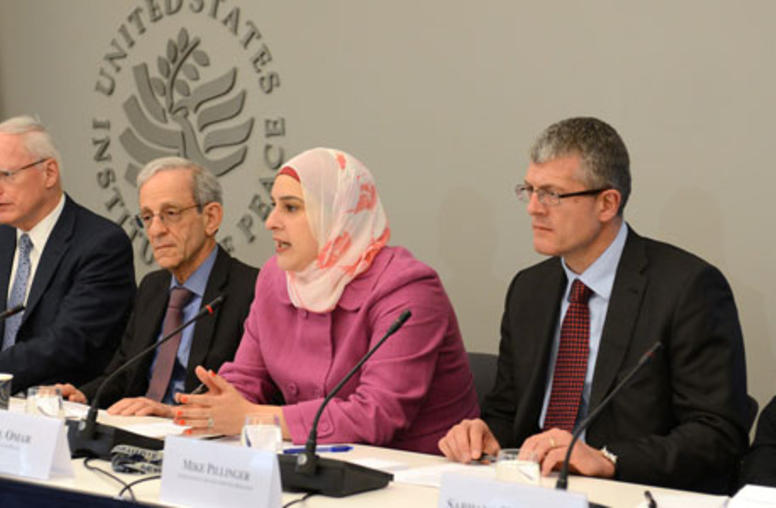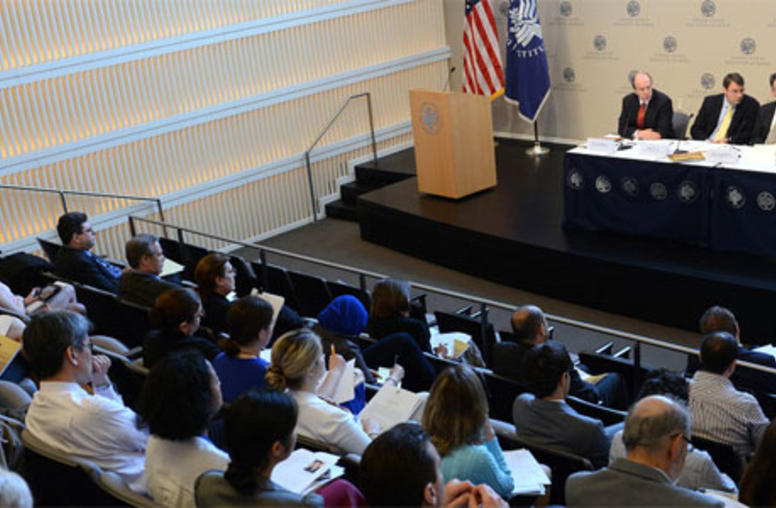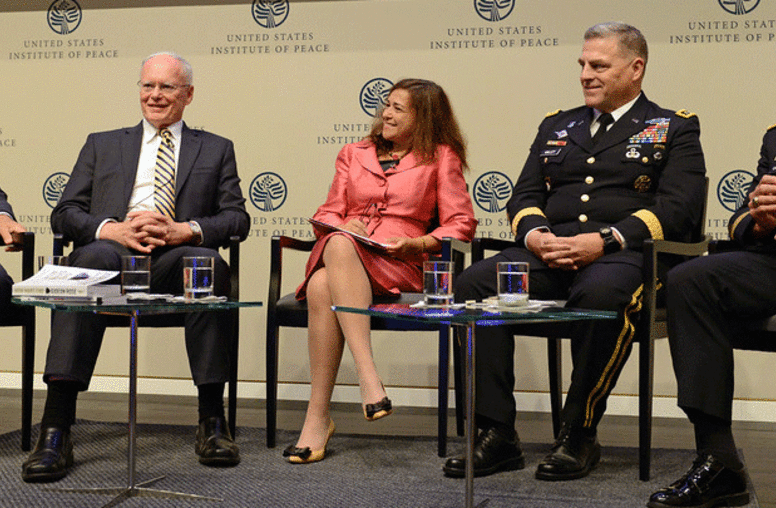
Ending Wars to Build Peace
The U.S. Institute of Peace (USIP), U.S. Military Academy's Center for the Study of Civil-Military Operations and RAND Corporation hosted an event July 14th that featured notable experts who shared their observations and concerns about the issue of war termination, its planning, transition and challenges.
